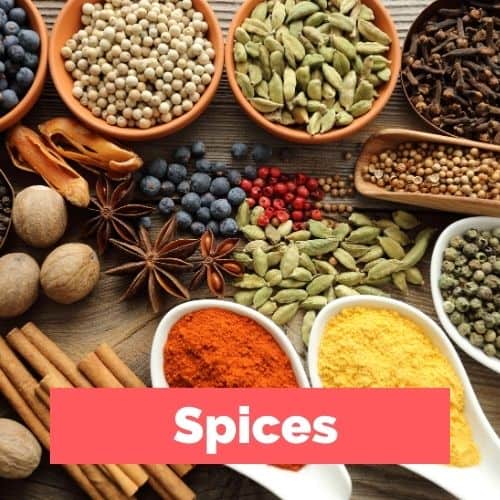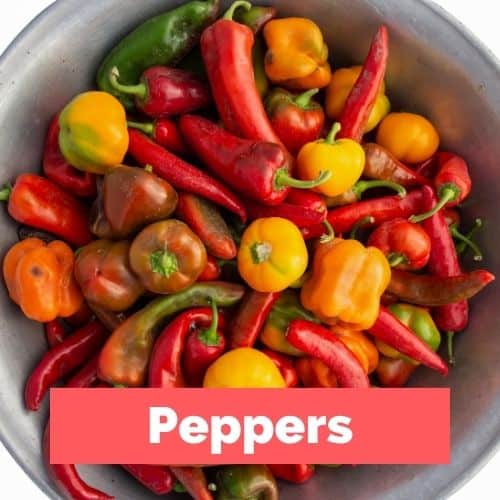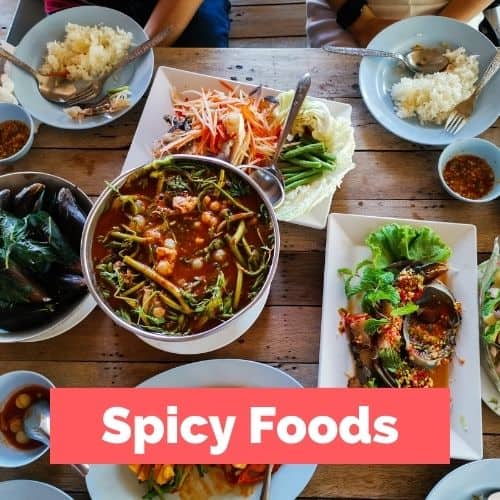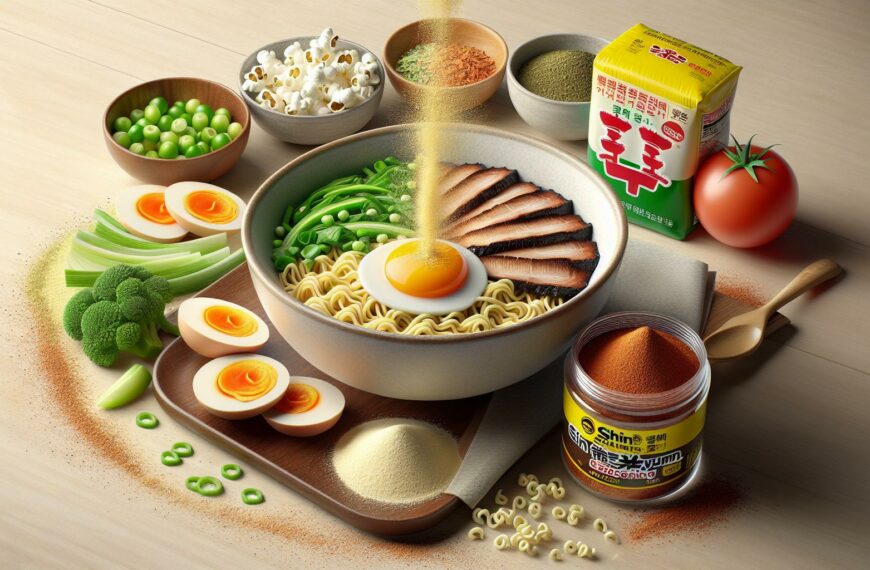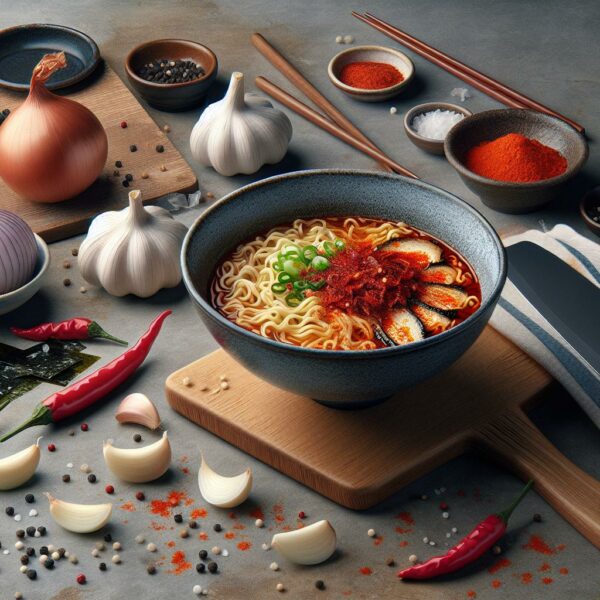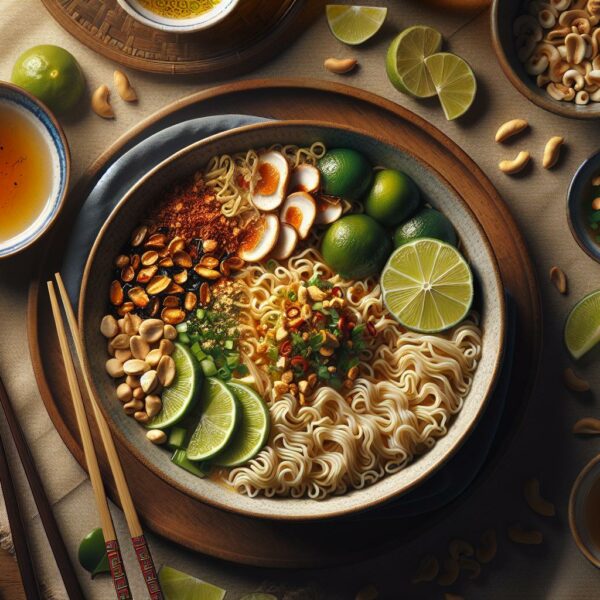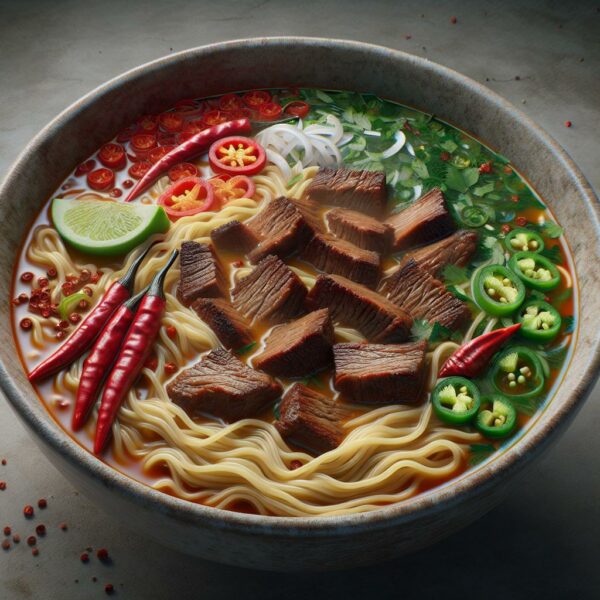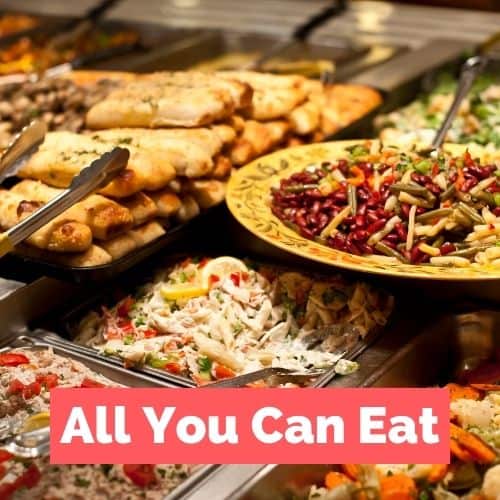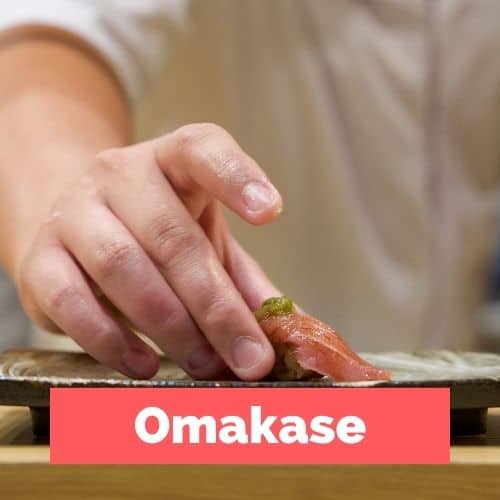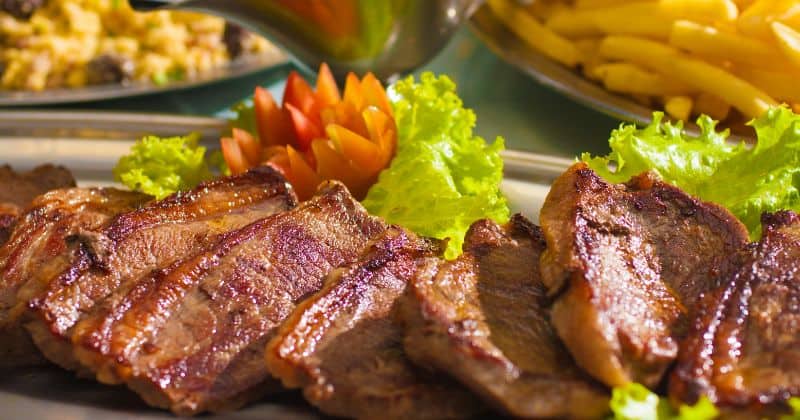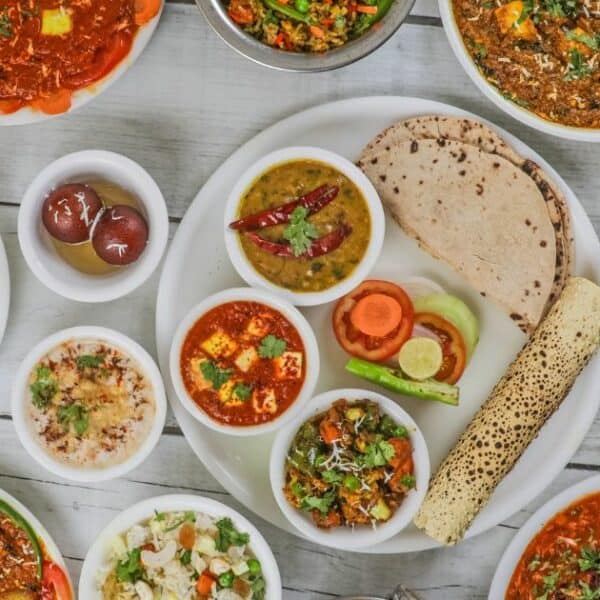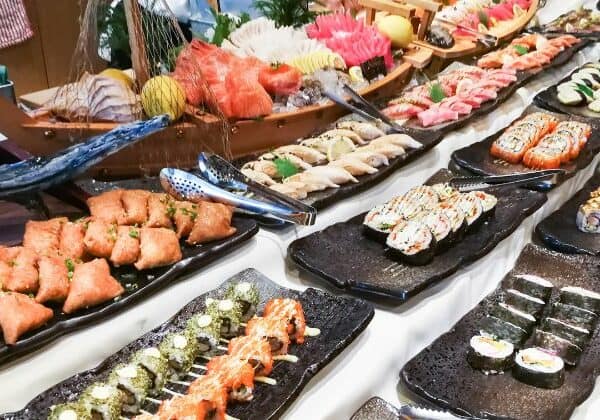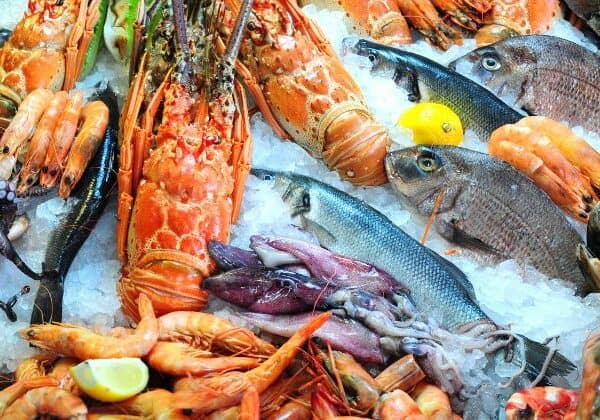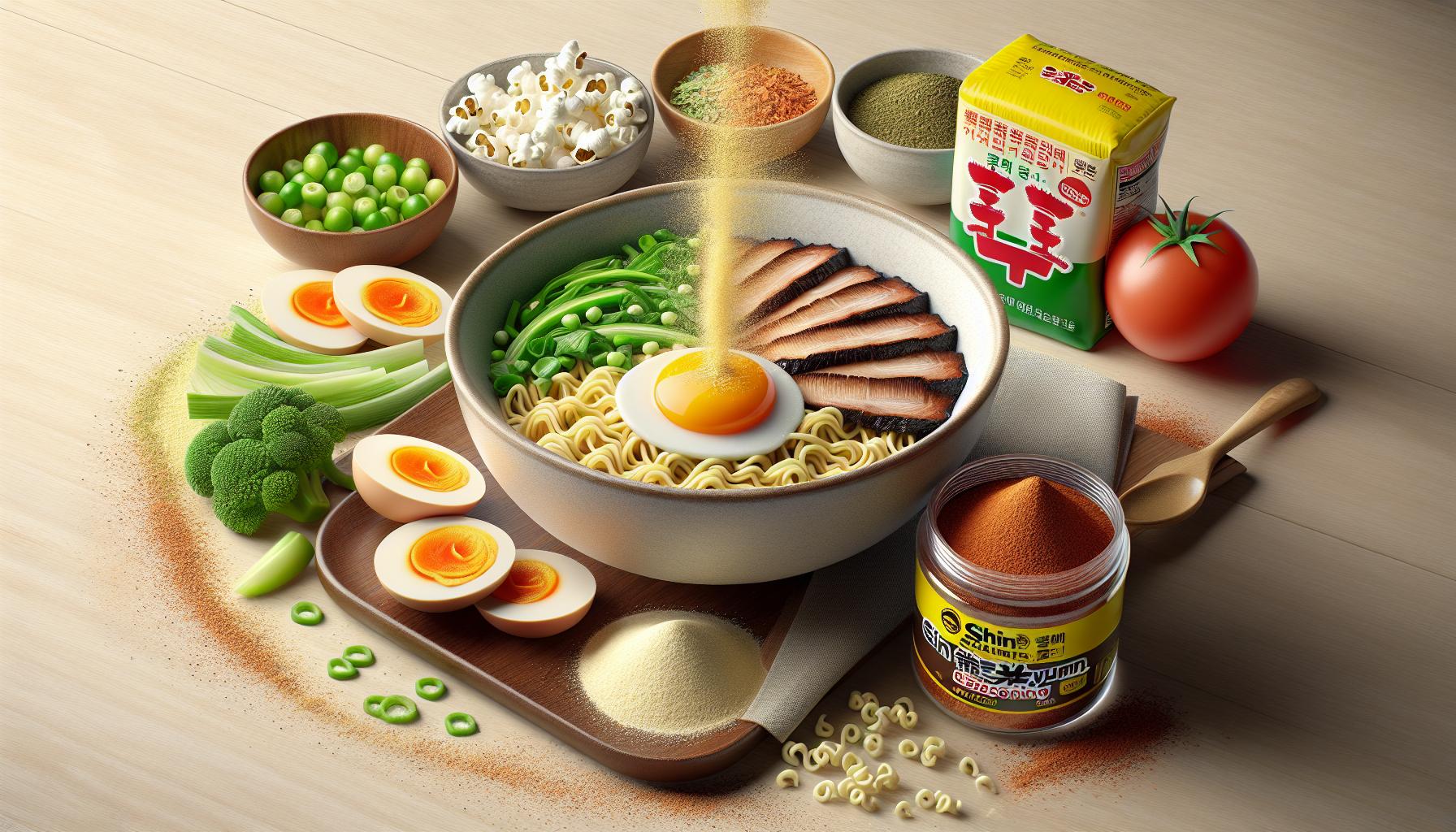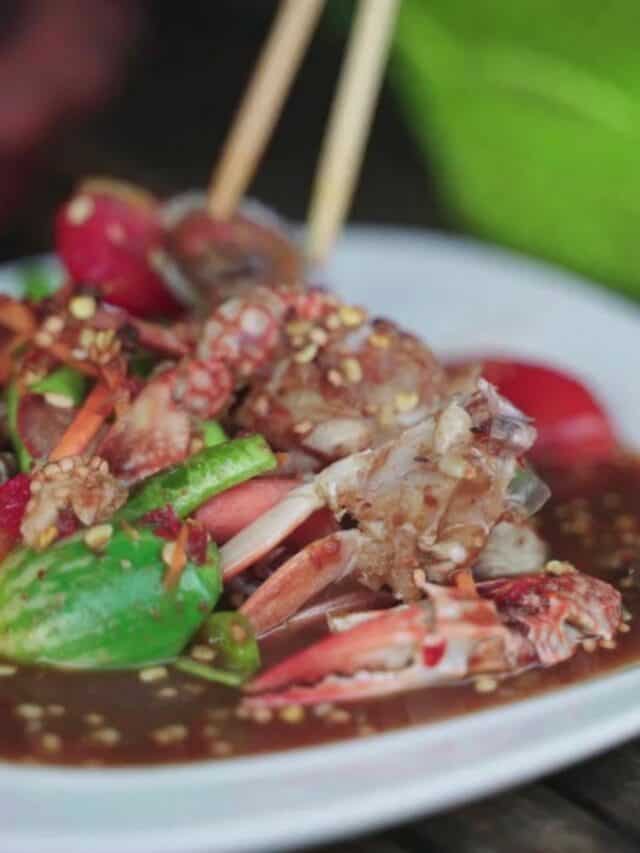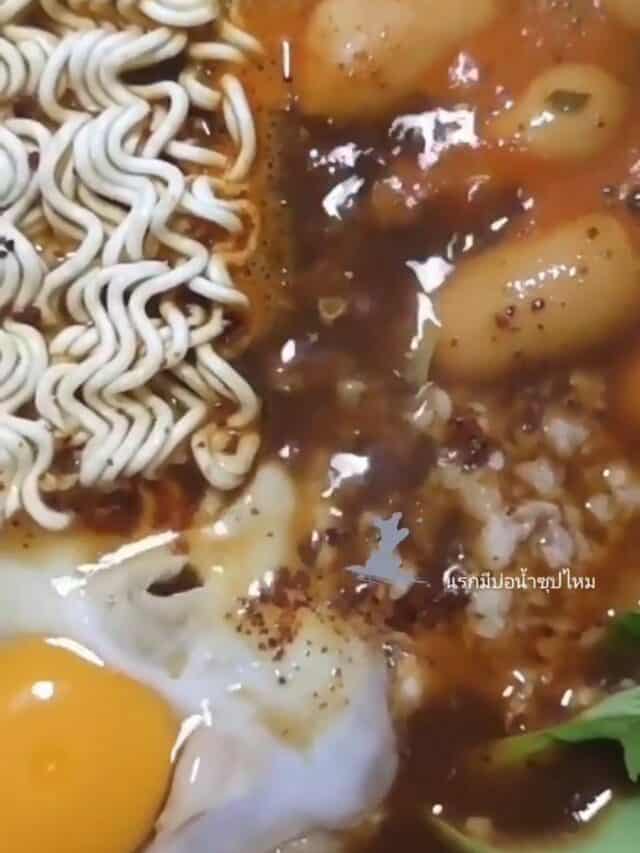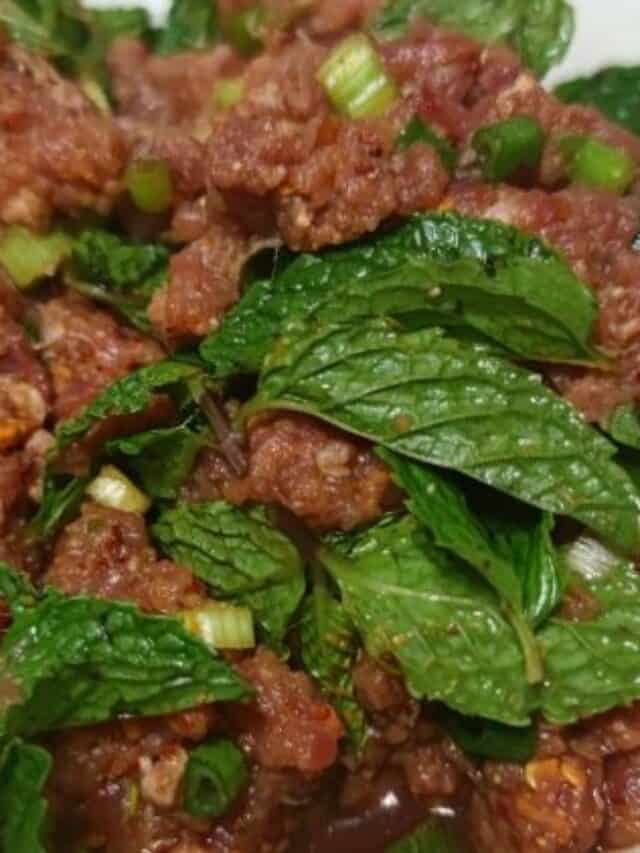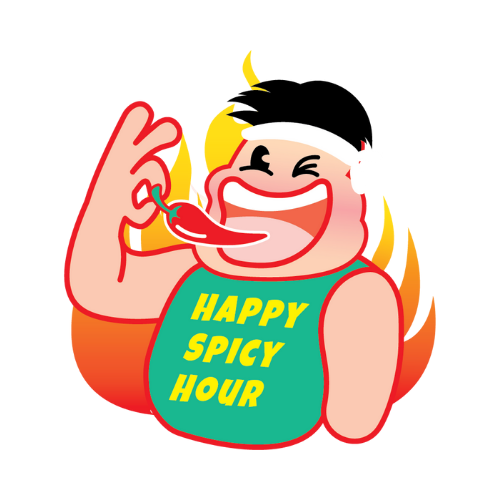
Happy Spicy Hour is the spiciest blog in the world.
Looking for new spicy dishes to try? You’re in the right place.
Latest Post
Explore spicy cuisines around the world for those who are looking for fiery food.
Spicy Cuisines Around The World
Mouth-watering spicy dishes from around the world. How spicy is it, and what does it taste like? You will find answers to all these questions in our blog. Take a look at different cuisines, discover new flavors and learn how to make tasty with spices!
Spicy Dishes
5 Tasty Ways to Use Shin Ramyun Seasoning
Dive into the spicy world of Shin Ramyun seasoning powder, a game-changer for your noodle game. This fiery blend has…
Short Stories

Welcome to Happy Spicy Hour
Hi, My name is Bill. I’m a spicy food lover, especially Ramen and Som-tum (Papaya Salad). Spicy Food is more than a passion for me.
It’s food that made me cry and happy at the same time. Spicy Food is a love-hate relationship because it is also hot and can make you have a stomachache.
But the feeling after eating it will boost your energy.
Click Here to learn more about me & HappySpicyHour

